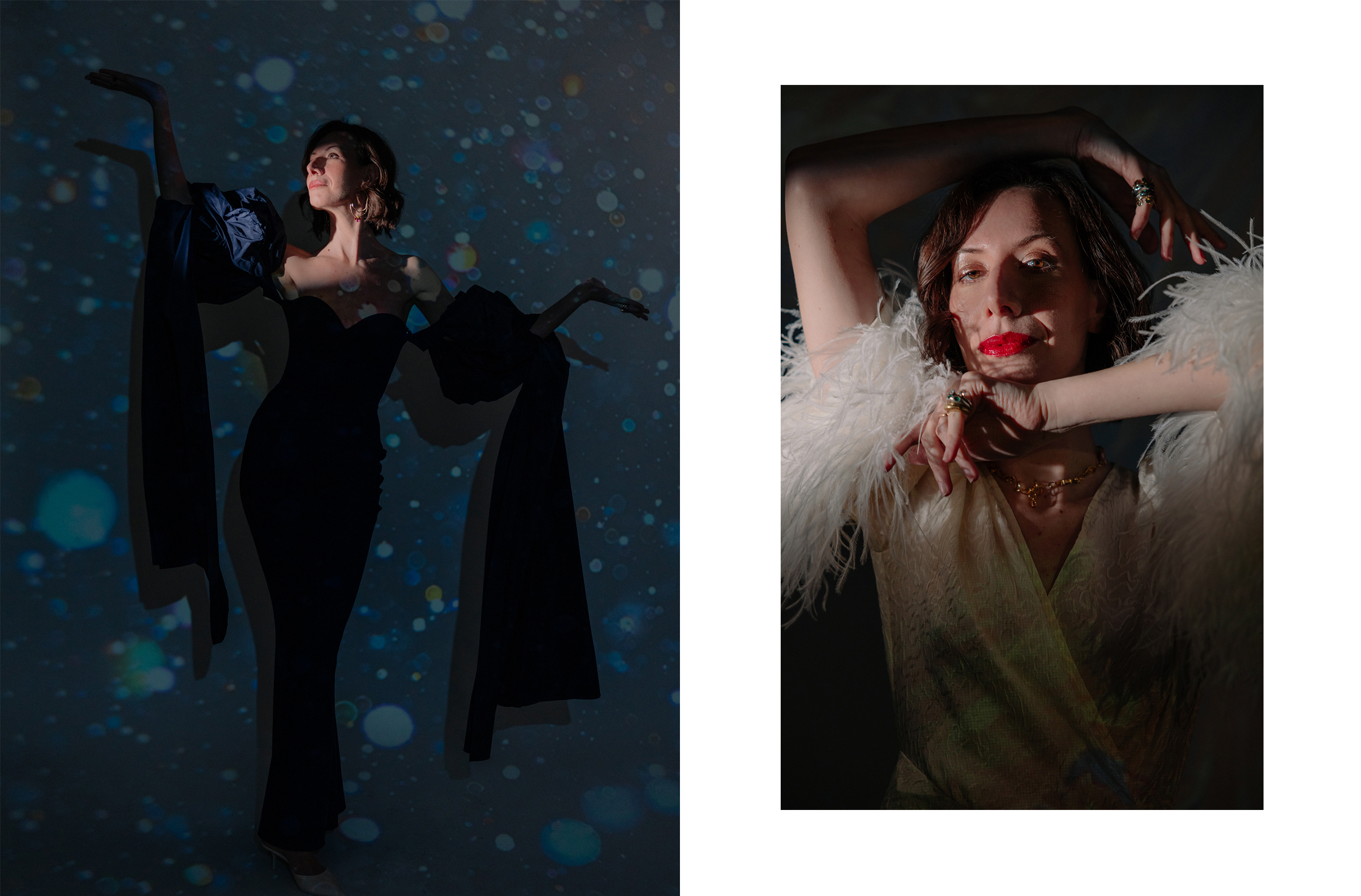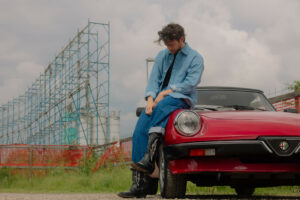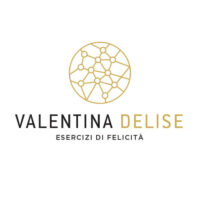Laughing is simple, instinctive: a need, a necessity, a pleasure to share and to live. Knowing how to make people laugh, however, is anything but immediate: it requires a certain self-awareness and awareness of the people in front of you, study, quick-wittedness, and a great desire to give a memorable moment.
Because the art of making people laugh, in other words, comedy, is an art of life. And Giorgia Fumo knows this well: in the past, she has played various roles. Today, she is a comedian and improviser who, through her show “Vita Bassa,” speaks to millennials about millennials, not only on stage but also on social media. Brick by brick, she has built a career made of daily inspirations, international references, anecdotes related to her community, and determination. Always leaving a little space for her “Ancieli.”
So maybe it is true after all that laughter will save the world… In doubt, and in the meantime, let’s have a good laugh!
Your career path is definitely unconventional: how did you arrive at comedy after studying engineering and gaining experience as a digital strategist and in the marketing world? And how has this background been useful to you as a comedian?
It has been very useful because, in reality, there has always been a comic aspect in all the jobs I’ve done, and it has helped me to deal with the difficult parts of work, study, and everything I’ve learned. In the end, comedy is not so much “something to do,” but rather how you do things.
The kind of comedy I like talks about real life, so if you’ve lived this real life, you have many inspirations.
How does your creative process usually unfold to create a sketch and/or show? Do you follow a method, or do you let yourself be surprised by the inspirations you see/find around?
The latter. My method is very chaotic [laughs]. Since I always think of many things, the method I found most useful is to note them down as they come to me, noting the inspirations… Thank goodness for phone notes! Essentially, there is always some background work on the idea: you put it at the back of your mind, it slowly matures, and then, of course, comes the writing phase. But writing is the last step after an idea is already formed and maybe even tested.
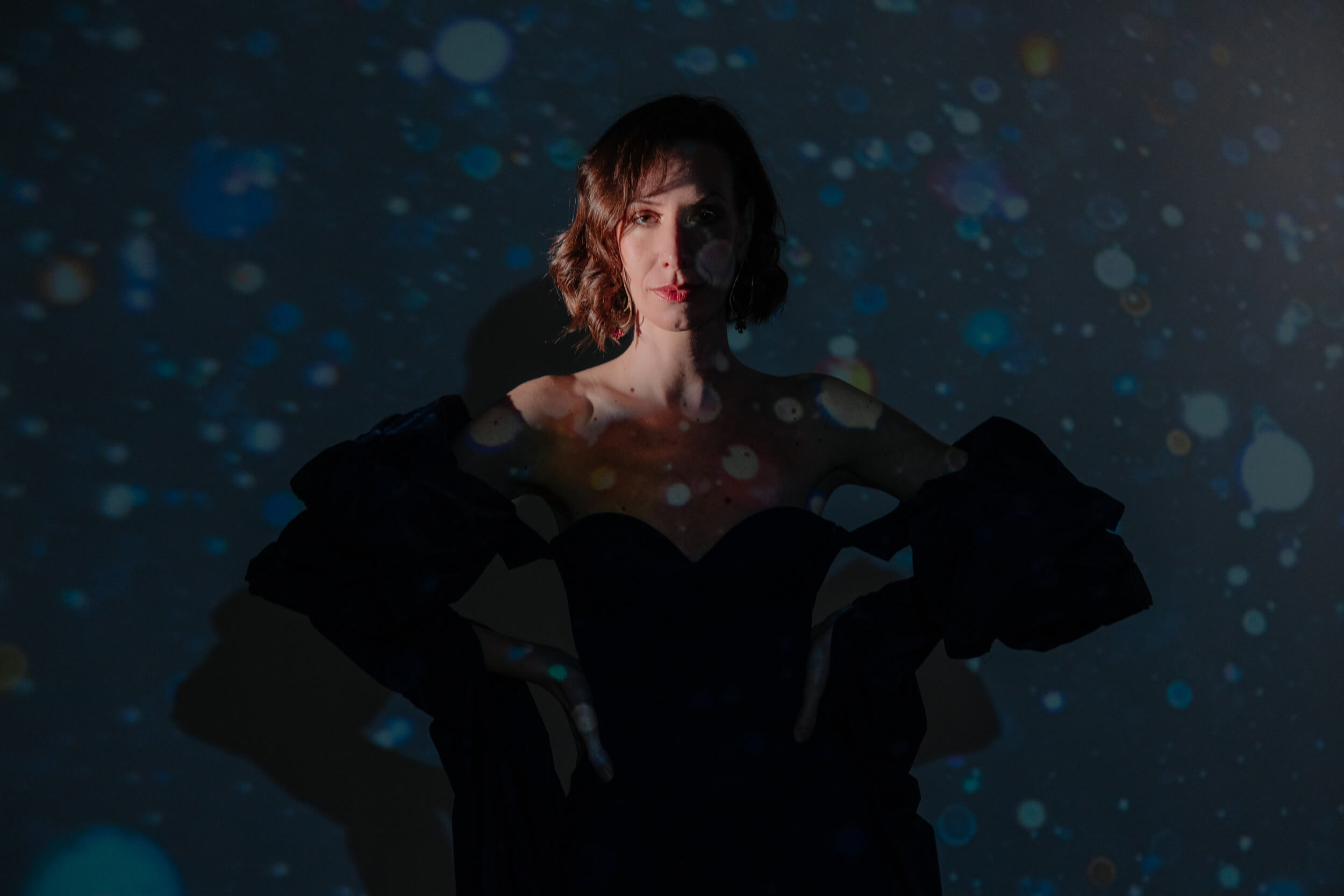
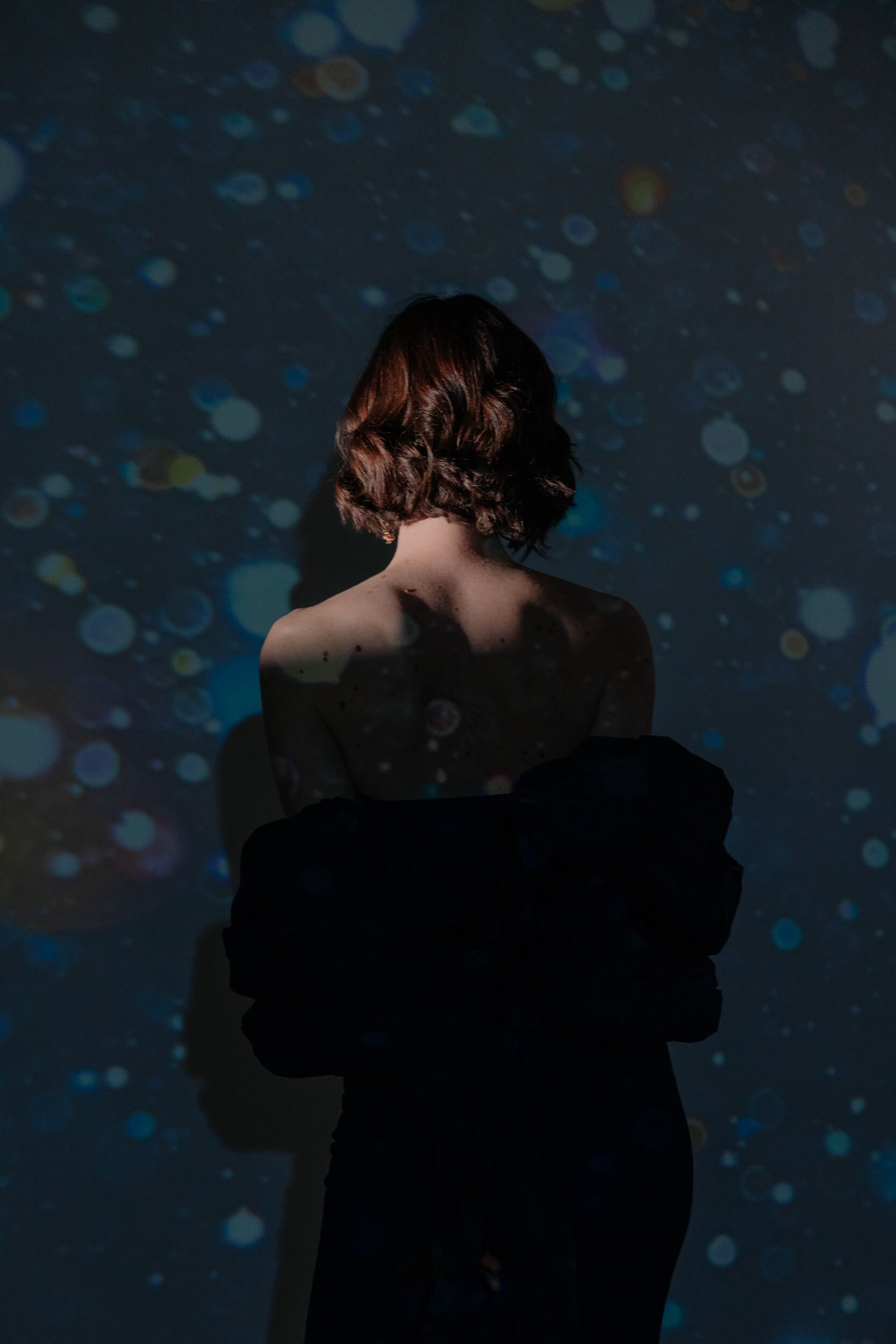
Do you usually share what you write with someone in advance, or do you keep everything to yourself until the end?
Yes, now I keep everything to myself until the end. When I used to share my texts in advance with my husband, he might laugh the first time, then the second and third time he wouldn’t laugh anymore, and I would feel bad, wondering if he didn’t like it [laughs], even though he would say, “It’s not that I don’t like it, it’s that I’ve heard it six times, enough!” So, I stopped sharing things in advance!
How did your comedic side develop? How did you find your style, and what did you realize wasn’t for you?
That’s a very interesting question, I’ve never thought about it, it’s something I’ve never analyzed about myself, so let’s do it now. What isn’t for me are basically things that don’t make me laugh: I don’t particularly enjoy things that are deliberately provocative, meant to shock everyone and make them laugh. This also excludes a large portion of comedic production, I realize. Apart from that, the only thing that comes to mind for developing my comedic side is watching, reading, and listening to many things, even in other languages and from other countries, because in everything, you can find a detail that makes you laugh. It’s a construction of building blocks: you start as a child with the things that make you laugh when you’re small, then you evolve, move on to middle school jokes, start building a flow. It should be a process that goes on for your whole life, but I actually see it’s very common to stop at a certain point, and what you liked by the age of 25 will be the only thing you like for the rest of your life. Instead, I think it’s better to keep exploring.
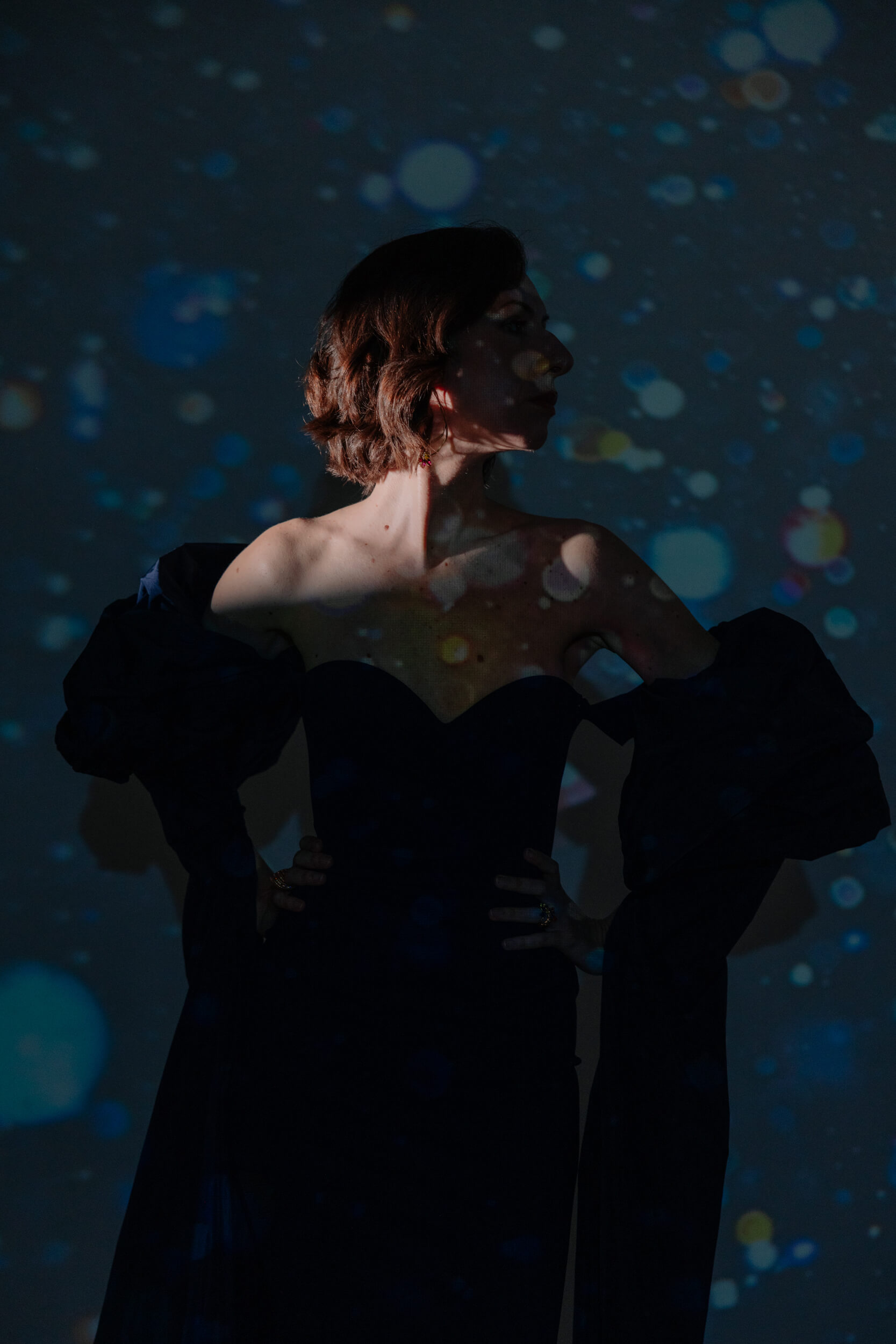
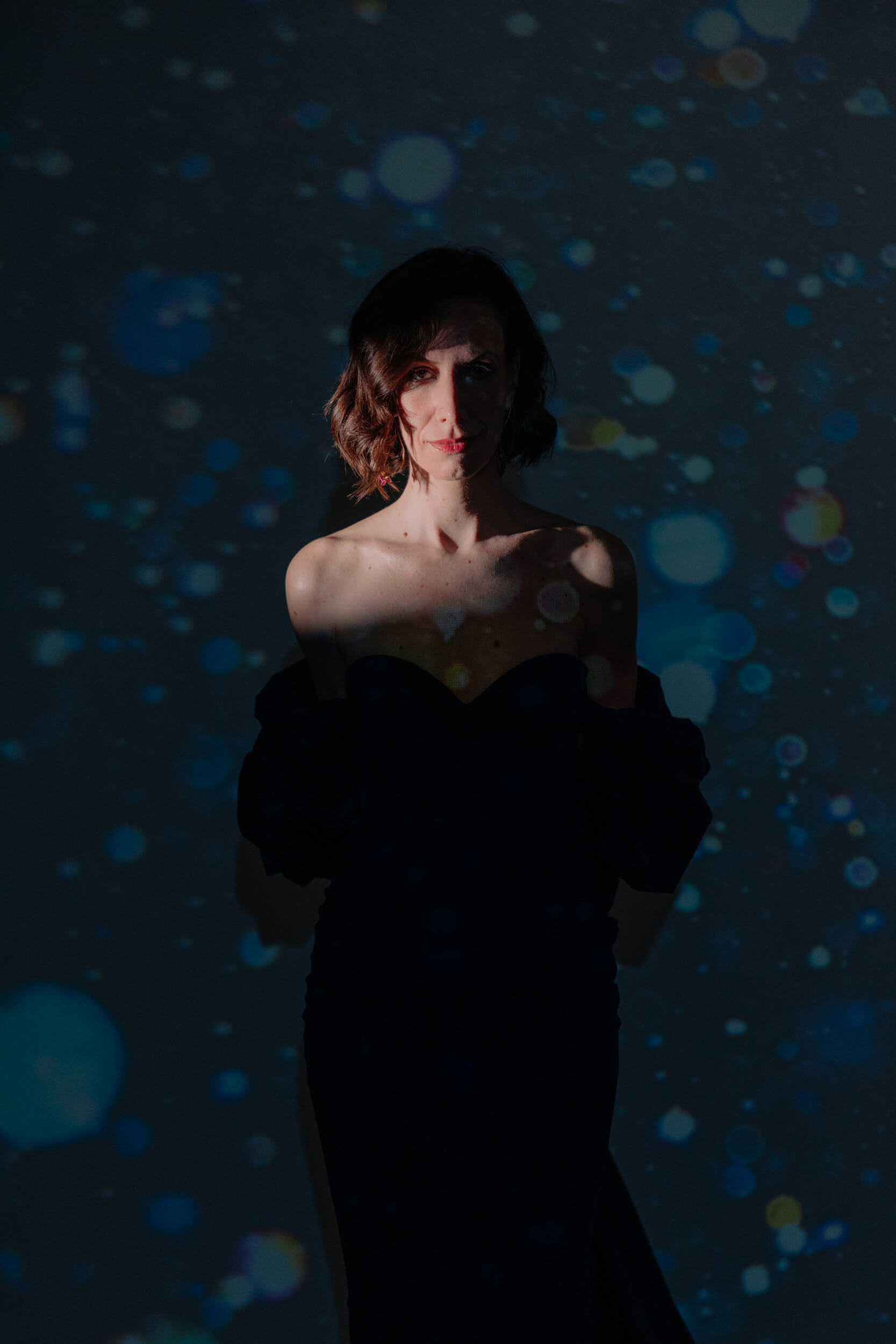
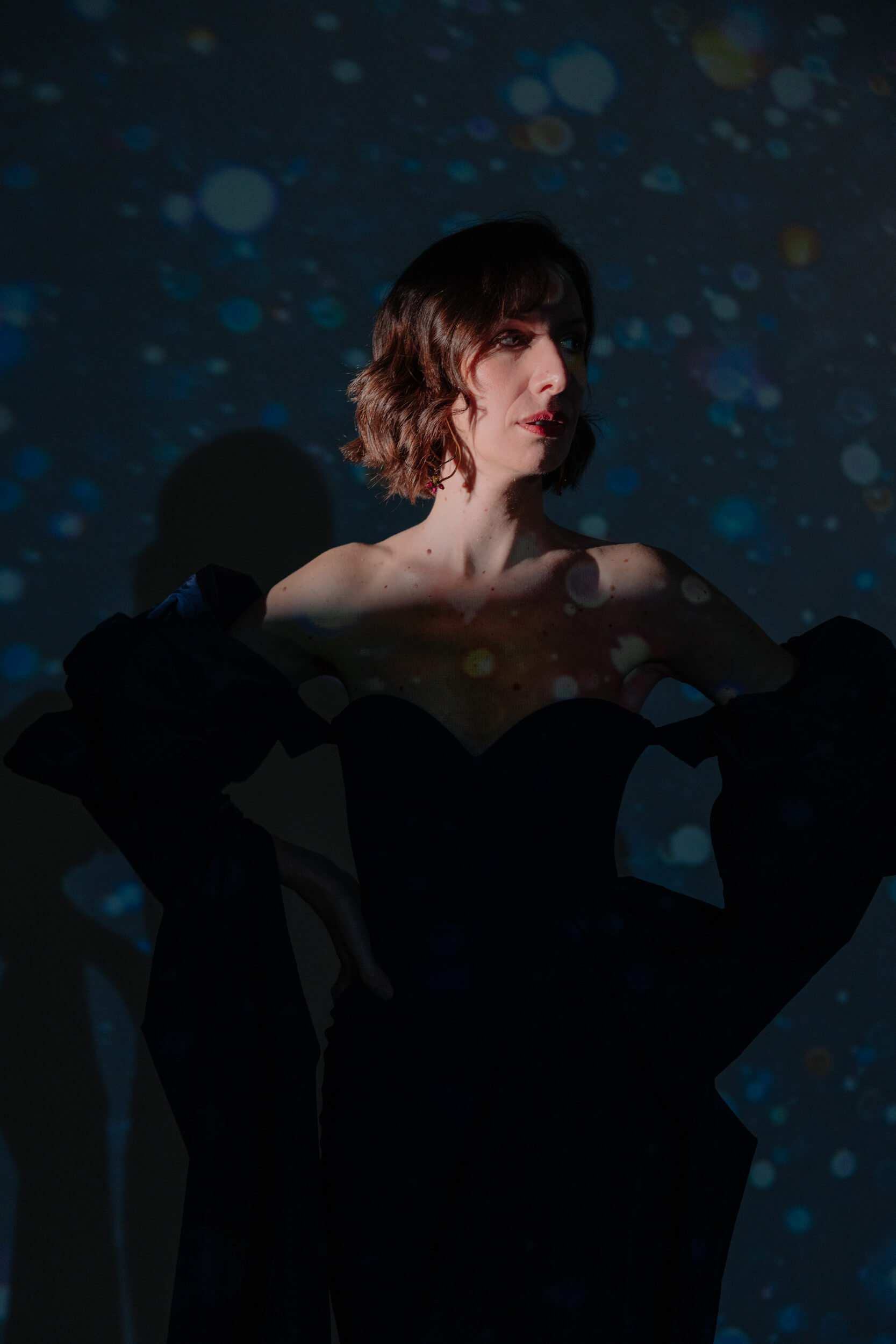
“It’s a construction of building blocks: you start as a child with the things that make you laugh when you’re small, then you evolve, move on to middle school jokes, start building a flow. It should be a process that goes on for your whole life, but I actually see it’s very common to stop at a certain point, and what you liked by the age of 25 will be the only thing you like for the rest of your life.“
You are touring with “Vita Bassa,” where you guide the audience through every aspect of being a millennial. How is it going? How are these stops surprising you?
It’s going very well! I’m always surprised by how much affection there is from the people who come to see me: many are people who have been following me for years and perhaps never had the chance to see a show, but finally, the show arrives in their city. Many write to me the next day to say, “I was moved when you came out because you seemed like a friend who made it.” This is very beautiful to me, and what surprises me the most is that there are people who are genuinely fond and genuinely happy to see the result of this whole journey. Then, you know, many people come who don’t know anything about me, often dragged by someone who is already a fan, but even they often say, “I didn’t know you, but I liked you!”. I am surprised by the surprise [laughs]. It makes me very happy because, from time to time, I discover and get the confirmation that I was right to insist.
Being a millennial: what does it mean to you, and what lessons does this identification bring? The latest discovery about millennials that surprised you?
The best thing I’ve discovered over the years is that we millennials are a generation that makes fun of itself a lot. I think this is a beautiful thing because not all generations are like this. We started making fun of ourselves very early, so we accept being made fun of. I think this is somewhat our strength because we are not living through easy times: we haven’t had an easy entry into the workforce, an easy transition into adulthood and independence. This ability to laugh at what happens to us, in my opinion, is what saves us a bit.
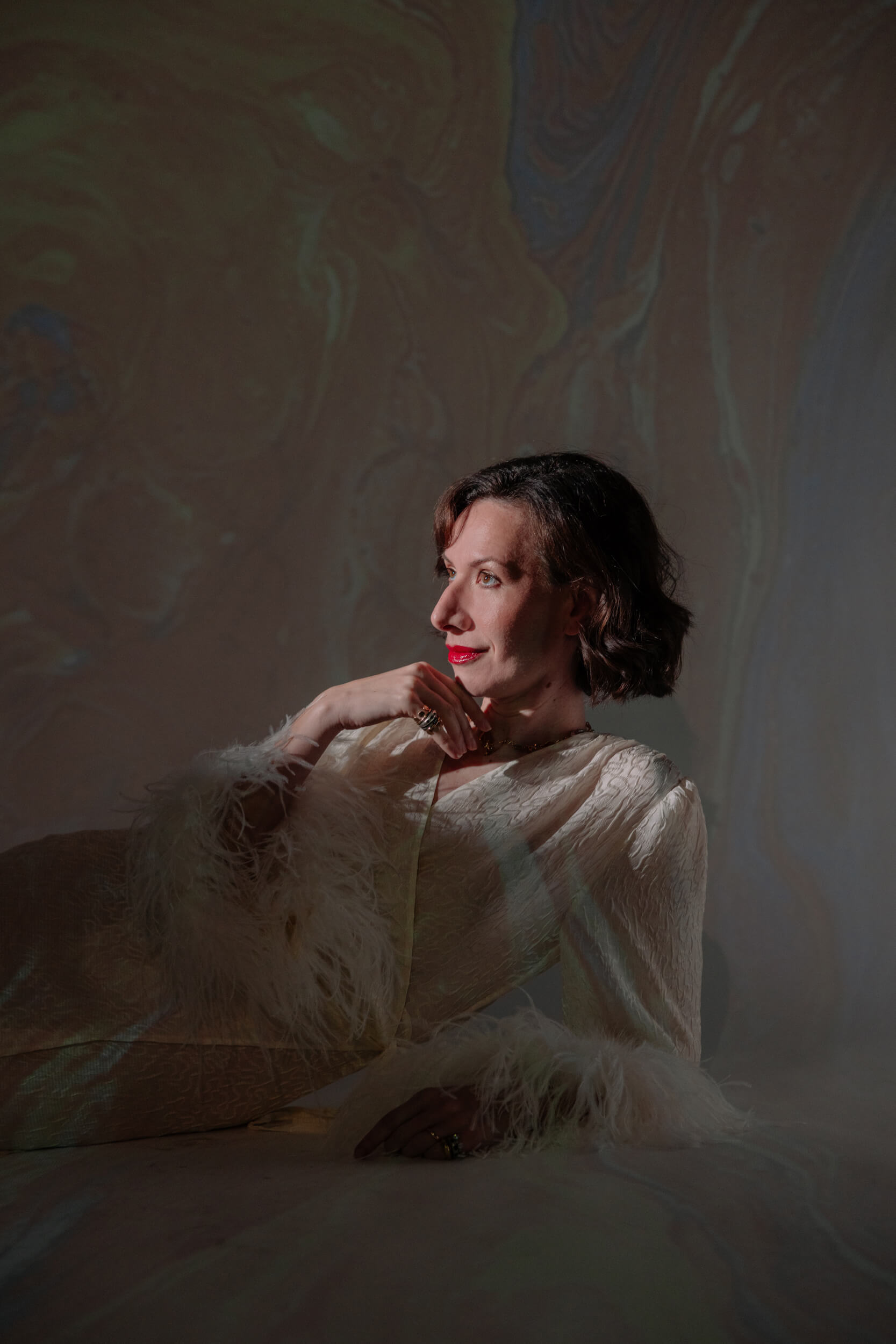
“We started making fun of ourselves very early, so we accept being made fun of. I think this is somewhat our strength because we are not living through easy times”
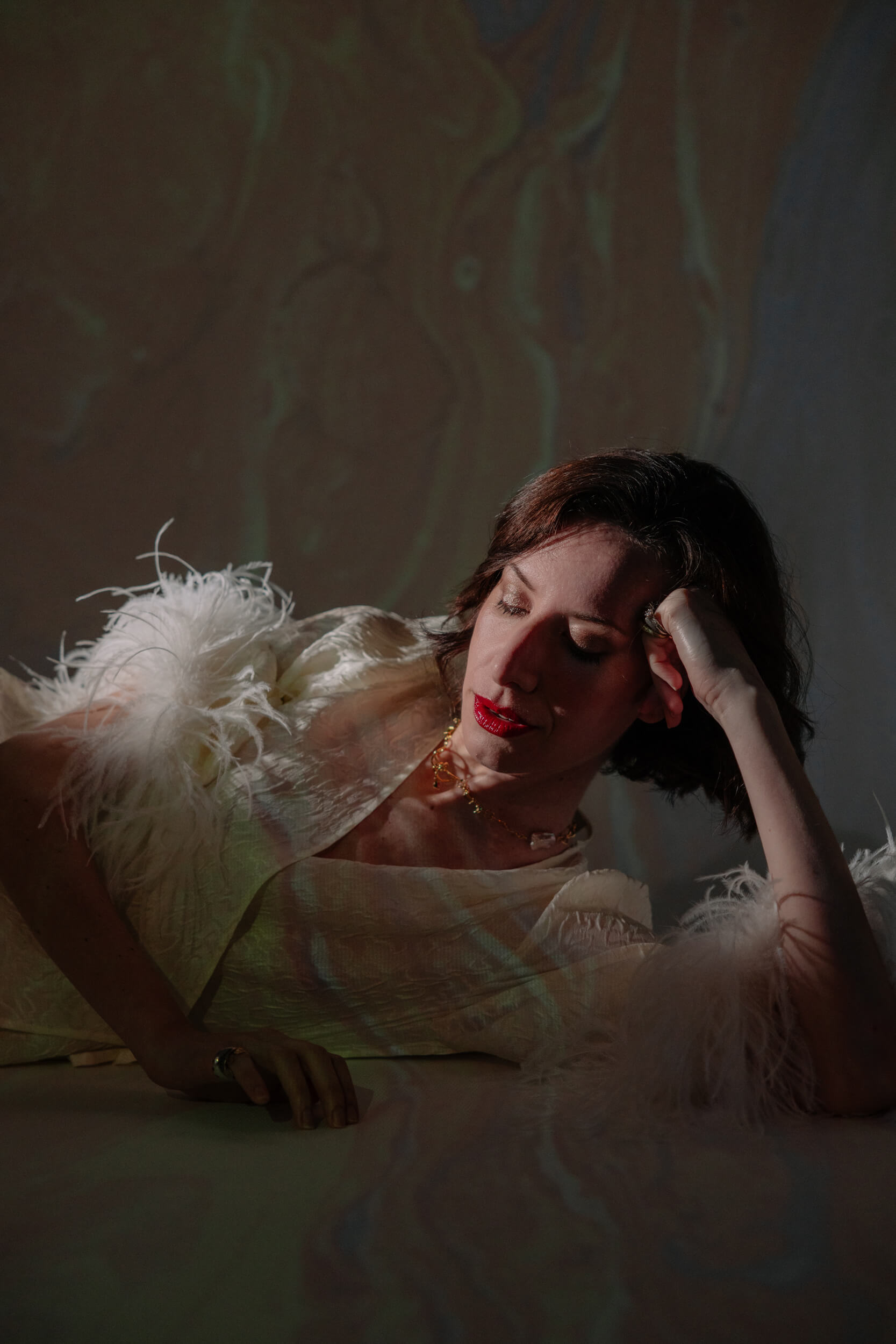
What will be the equivalent of the “display cabinet” for millennials?
I think it will be succulents, the collection of tote bags that our descendants will find, candles and palo santo, and status items like the Dyson and the Bimbi.
Do you really remember your SPID password? Because it’s not like we millennials are always on top of things with SPID…
Oh no, absolutely not [laughs]. I don’t remember it at all. I think only hackers have the patience to keep up with all these variations… Unfortunately, that’s the way it is!
How do you manage the relationship and interaction with the audience? Since theater involves direct confrontations and moments, I imagine the emotional aspect is still very present.
The most complicated part, in my opinion, is collective evenings when you’re with other comedians. Instead, when you have your own show, people have come to see you, paid a ticket because they want to laugh, already know they like you, and are well-disposed to laugh, then that is a party for everyone because the audience does 50% of the work and the energy in the room. It’s the audience that charges you: when you’re on stage, you don’t feel anything, the heat or the cold, it all comes to you afterward because you’re “high” on the energy the audience gives you.
Was there any audience reaction that impressed you, in a positive way?
Sometimes funny things happen. For example, often during the show, an alarm goes off: I know that when an alarm rings at 10 PM, it’s someone who needs to take their contraceptive pill; there can’t be any other reason [laughs]. If the alarm is particularly loud, I stop everything and say, “Take your pill, it’s important.” Once, it happened that the alarm went off for someone in the front row who was clearly nine and a half months pregnant. So, I looked at her and said, “Oh no, too late, you should have taken it earlier!” [laughs]. This obviously made everyone laugh, and the lady wrote to me two days later saying she had laughed so much that it induced labor, and she gave birth 48 hours after the show! That was the highlight of my career; what more could you do than bring a baby into the world!
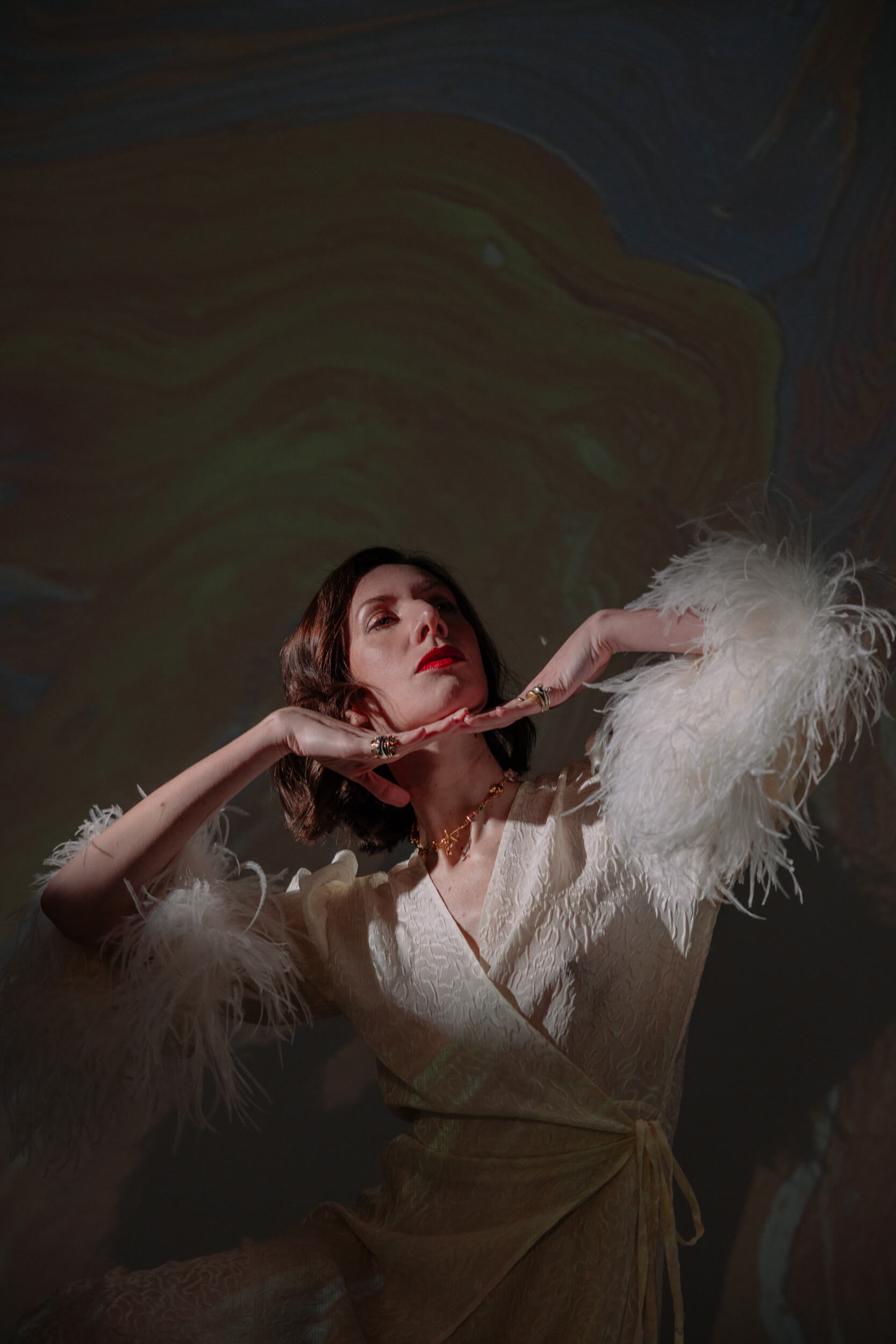
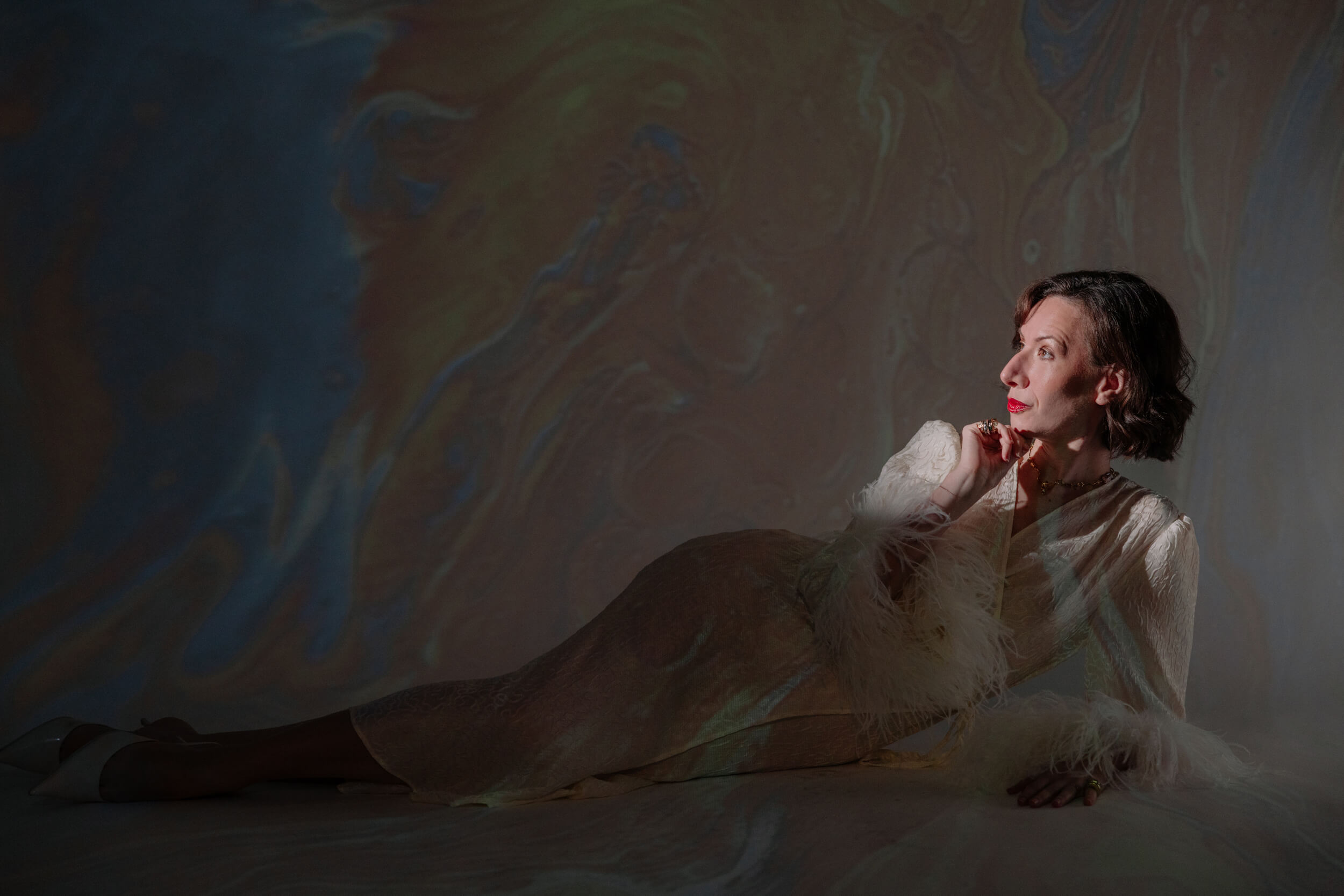
And your relationship with social media? How thin is the line between a tool for communicating yourself and your art, the world of inspirations they represent, and your followers in all their facets?
I have to say that having worked on building a community very slowly and without any major exploits—meaning I’m not someone who went to bed at night and woke up with two million views on a video—I’ve gathered a group of nice and polite followers who know how to interact. Of course, you always encounter someone who doesn’t behave properly on social media, but in my case, those people are fortunately a very small percentage.
For me, social media is a job, but a part of the job that I do very willingly. I enjoy making videos, I enjoy reading the messages people write to me. Over time, certain habits have formed: people often post photos while they get ready to come to a show and wear something with sequins because, in one of my famous pieces about company dinners, I talked about sequins; there are all these real-life callbacks that are really nice and build community. Sure, it requires a lot of work because you have to keep up with it, but since being a comedian is a solitary career, knowing that there are many people who follow you on social media, who write to you, who come to the show and bring you focaccia or sweets, makes you feel supported by people who appreciate you.
When I think of the world of stand-up and comedy, I think of international shows, especially American or British ones, while Italy (at least in my opinion) is experiencing a new renaissance in this aspect now. Do you have any foreign points of reference or currents you hope will arrive in Italy or, on the contrary, would you like to influence foreign comedy in some way?
Before we influence foreign comedy, I think many years will pass. Stand-up comedy was invented in America and then brought here, mixing with a cabaret tradition that already existed and which is not even something to throw away. We have a beautiful theatrical and comedic tradition, so we are creating a genre of our own.
I admit that I also have many references, mainly foreign ones: I really like the Americans, perhaps the English even more, like Ricky Gervais, Jimmy Carr and his shows like “The Fix,” with comedians solving world problems; I loved series born from stand-up comedy like “Fleabag.” Outside of Italy, there’s a different tradition and a different production pace, and it’s all much more structured; there’s more content, and you notice it when you go, for example, to the Edinburgh Fringe Festival, where there are three thousand shows every day for a month, and you see so many things there. I love theatrical improvisations because that’s where I come from, and there are companies like the Showstoppers or Mischief, who create incredible formats, shows that are also improvised with a band improvising music. There’s a lot of important study behind it, people prepare a lot to improvise, and I think it’s great to watch what others do because it stimulates you to invent your own version, not to copy or reinterpret, because now it only takes a TikTok trend to reinterpret something. The challenge is to invent something of your own.
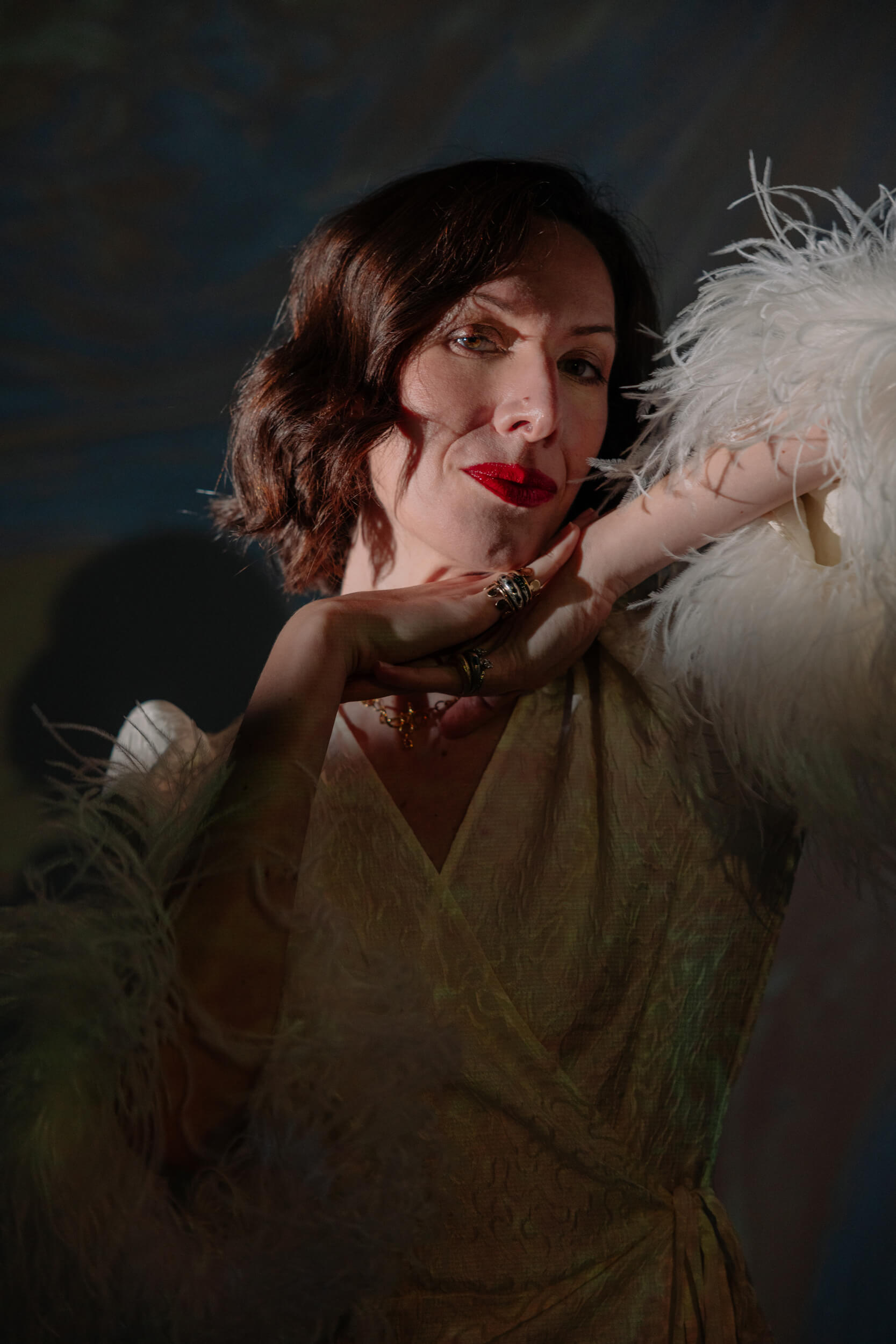
“For me, social media is a job, but a part of the job that I do very willingly. I enjoy making videos, I enjoy reading the messages people write to me.”
Serious messages, like feminist ones, and comedy: where and how do you find the meeting point between message and medium of expression?
The meeting point is that more than talking about things, you have to do them. I believe it’s not so much talking about feminism that makes you someone who sends a feminist message, but what you do, how you present yourself, the choices you make, even life choices. It’s not what you say, but how you say it, when, and in what places. Personally, I started doing what I wanted: I could have been an engineer, but I wanted to be a comedian, and I became a comedian. If feminism means that we can do what we want, this is my way.
What has been your greatest act of rebellion so far?
Doing this job. I used to be an employee, an engineer, married, living a provincial life… Then I decided to become a comedian, which is what I wanted to do when I was 17. So, my act of rebellion was honoring the dream of my 17-year-old self.
The best “fuck you” of your life?
Old relationships that were no longer positive for my existence.
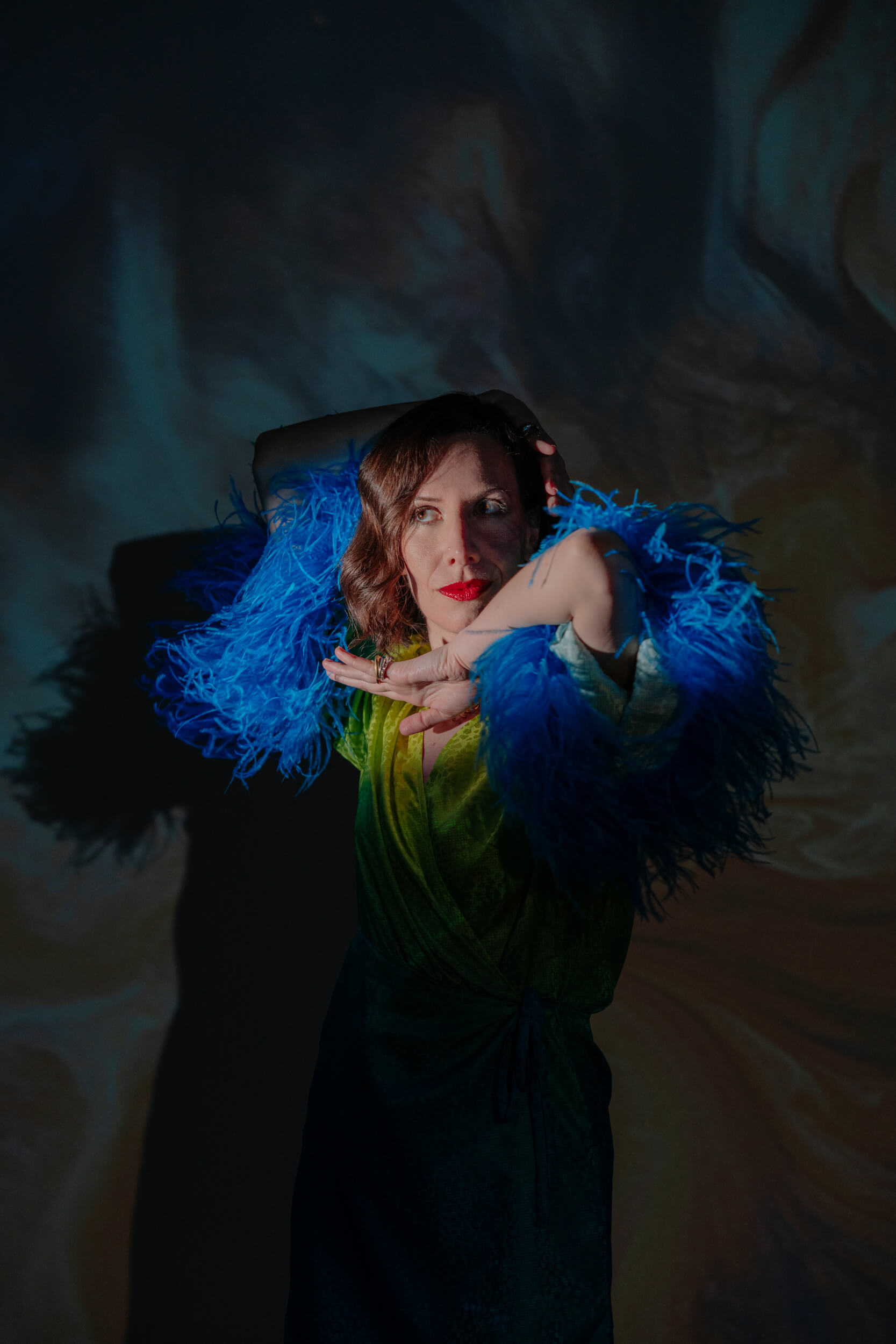
What is the last thing you discovered about yourself thanks to your work?
I thought I was more extroverted, but I realize that at events I cling to the walls and others tell me, “Let people compliment you, let them applaud you.”
I like being on stage, so I thought I would be able to enjoy the applause, but no. I finish doing what I have to do and run away because I’m afraid of bothering people if I have to keep them there applauding. I didn’t know this about myself: I talk to everyone, but I actually have difficulty accepting compliments.
What book is on your bedside table right now?
One I’m really enjoying is “Generation X” by Douglas Coupland: I’m realizing that today’s young people are much more depressed. We Millennials are a burst of life in comparison. I talk a lot about generational differences in my shows and regarding Generation X, I had some intuitions, and this book is confirming them for me. Then, I recently finished the latest by Zerocalcare, which I loved, “The Marketing Man and the Lemon Variant” by Walter Fontana, which read by Luca Ravenna on Storytel at 1.5x speed is perfect; it’s our life in meetings. A great mix, in short: essays, novels, graphic novels.
What does it mean for you to feel comfortable in your own skin?
It’s strange because I find it easier to describe discomfort, which is something that takes you off track.
Feeling comfortable in my own skin means not thinking: it’s when there’s no part of your body that you feel you need to adjust because it hurts or something is tight. It’s that rare moment when you “are.” It’s not that you forget about your body, because I find the concept that you shouldn’t think about your body because beauty is ephemeral, etc., very bad; this disconnection from the body is not so healthy and wholesome. But in the moment when you scan yourself and say everything is okay: that’s feeling comfortable in your own skin.
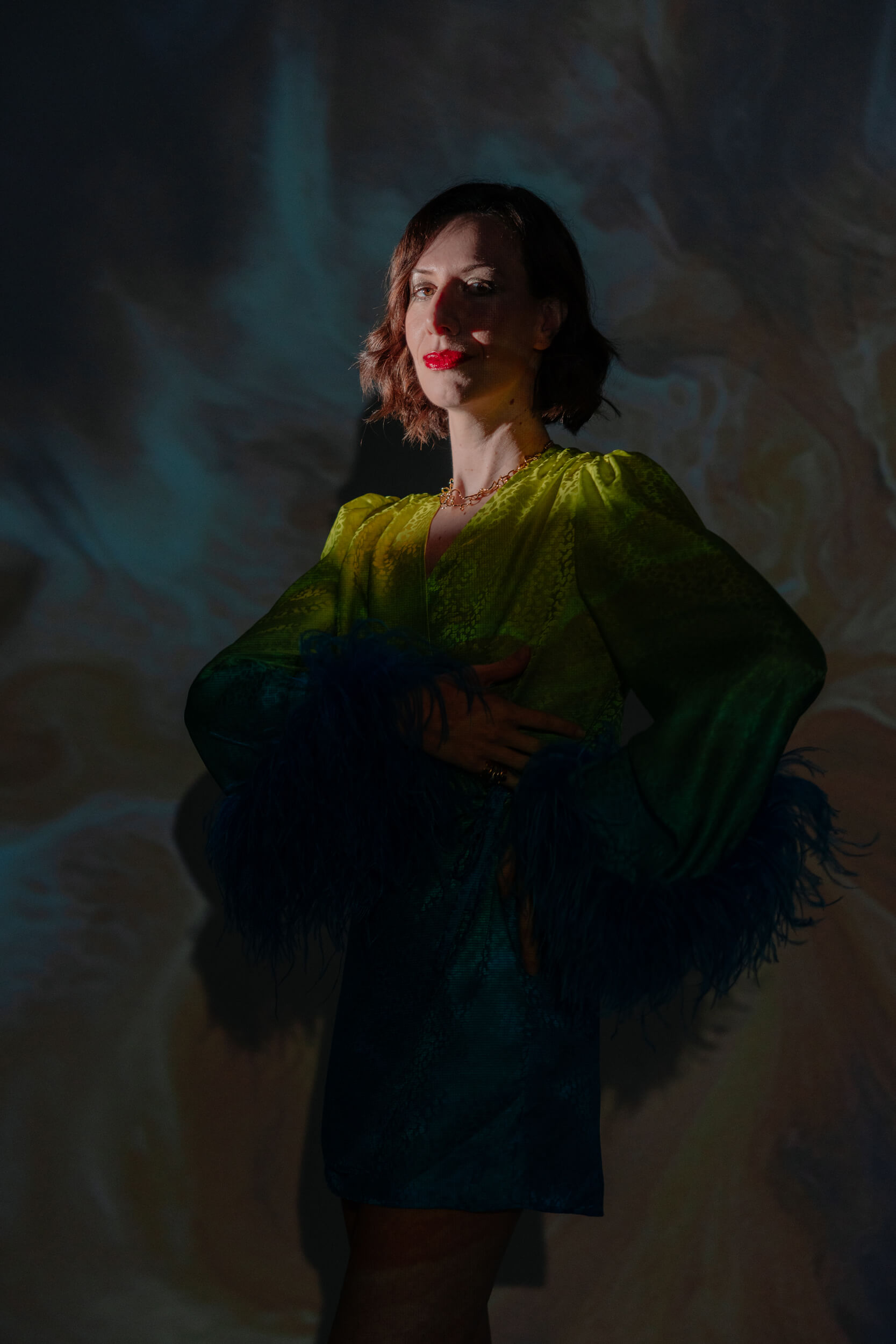
The last thing that made you laugh?
I laugh a lot with the stupidest memes that exist: with chinless T-Rexes, the dumbest and worst puns. Then, something that really made me laugh was my column on social media called “Ancieli,” where adults share what they did during internships: I laughed so hard reading people’s stories. The one that made me laugh so hard my husband came to check what was going on was the story of a person who had to take an X-ray of a lady and when he said to the patient, “Okay, ma’am, now chest to the wall,” she knocked on the wall [laughs]. The things that happen in normal life are much funnier than anything we can construct.
What is your happy place?
Sardinia, where I grew up. I never say where I go when I return because no one should come there; it’s my beach and I don’t want anyone there [laughs].
Photos by Johnny Carrano
Makeup and Hair by Sofia Caspani
Look 1
Chiara Boni La Petite Robe
Look 2
Art Dealer
Look 3
Art Dealer
Jewels by Voodoo Jewels
Thanks to mm studio

